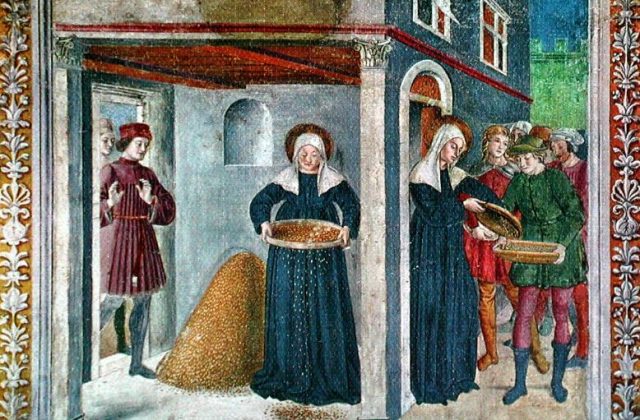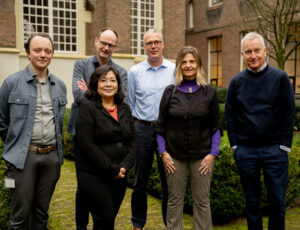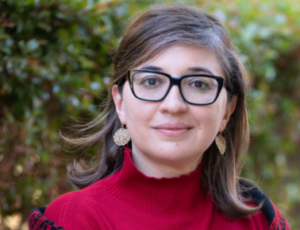
Bioarchaeologist Prowse Receives Grant for Research on Great Famine
20 December 2017The objective of Prowse’s research project is to investigate changes in the human oral microbiome before and after a major health crisis, the Great Famine of Europe (1315-1317 CE), in order to explore shifting patterns of health and disease in medieval Europe. This famine occurred some 25 years prior to the onset of the Black Death, which swept through Europe killing 30-50% of the population. One possible reason for this high mortality rate was that the famine surviving population was in particular poor health, susceptible to novel infection. The analysis of calculus may yield clues to this increase in susceptibility.
This work will be accomplished through the interdisciplinary collaboration at McMaster University of Dr. Tracy Prowse (bioarchaeologist), Dr. Hendrik Poinar (molecular evolutionary geneticist), and Dr. Michael Surette (microbiologist). It will also include the collaboration of Dr. Jesper Boldsen, University of Southern Denmark. Specifically, this research project will study the impact of the Great Famine in Denmark on human health through ancient DNA (aDNA) of dental calculus (mineralized tooth plaque) found on the teeth of Danish people who lived before and after the Great Famine.
No prior bioarchaeological research has used aDNA of dental calculus to explore the shift in oral microbiota associated with famine in past human populations, so this will be the first project to study the syndemic relationship between famine, the oral microbiome, and the long-term consequences for human health in past populations.
About the Grant
The ‘SSHRC Explore – Major Collaborative Seed Grants’ are grants offered through the Arts Research Board at McMaster University for professors to initiate a new programme of research of an interdisciplinary and/or multidisciplinary nature.



